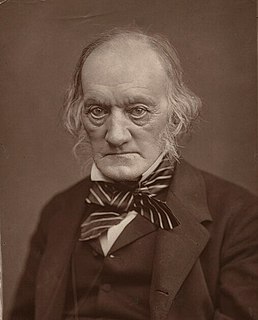A Quote by Yves Doz
Implementing any major changes to the way companies operate requires time and determination and the shift to globally integrated innovation is no exception - it calls for new capabilities to be built, changes in the structure of the innovation organization, new systems, processes and mindsets. The scope and scale of this task shouldn't prevent executives from starting down the path of change as the systemic nature of innovation activities means that every single element of change that's brought about will make a difference.
Quote Topics
About
Activities
Any
Brought
Built
Calls
Capabilities
Change
Changes
Companies
Determination
Difference
Down
Element
Every
Exception
Executives
Globally
Implementing
Innovation
Integrated
Major
Major Change
Make
Make A Difference
Means
Nature
New
No Exception
Operate
Organization
Path
Prevent
Processes
Requires
Scale
Scope
Shift
Single
Starting
Structure
Systemic
Systems
Task
Time
Way
Will
Related Quotes
Innovation is the specific tool of entrepreneurs, the means by which they exploit change as an opportunity for a different business or a different service. It is capable of being presented as a discipline, capable of being learned, capable of being practiced. Entrepreneurs need to search purposefully for the sources of innovation, the changes and their symptoms that indicate opportunities for successful innovation. And they need to know and to apply the principles of successful innovation.
Creativity is the generation and initial development of new, useful ideas. Innovation is the successful implementation of those ideas in an organization. Thus, no innovation is possible without the creative processes that mark the front end of the process: identifying important problems and opportunities, gathering relevant information, generating new ideas, and exploring the validity of those ideas.
Intellectual-property rules are clearly necessary to spur innovation: if every invention could be stolen, or every new drug immediately copied, few people would invest in innovation. But too much protection can strangle competition and can limit what economists call 'incremental innovation' - innovations that build, in some way, on others.
Ultimately, the current argument is "not having net neutrality will hurt innovation," and you can make that argument, but I would rather make the public good argument, which is not just about innovation or nurturing new companies that will add to the nation's GDP, it's actually about creating a democratic public sphere.



































